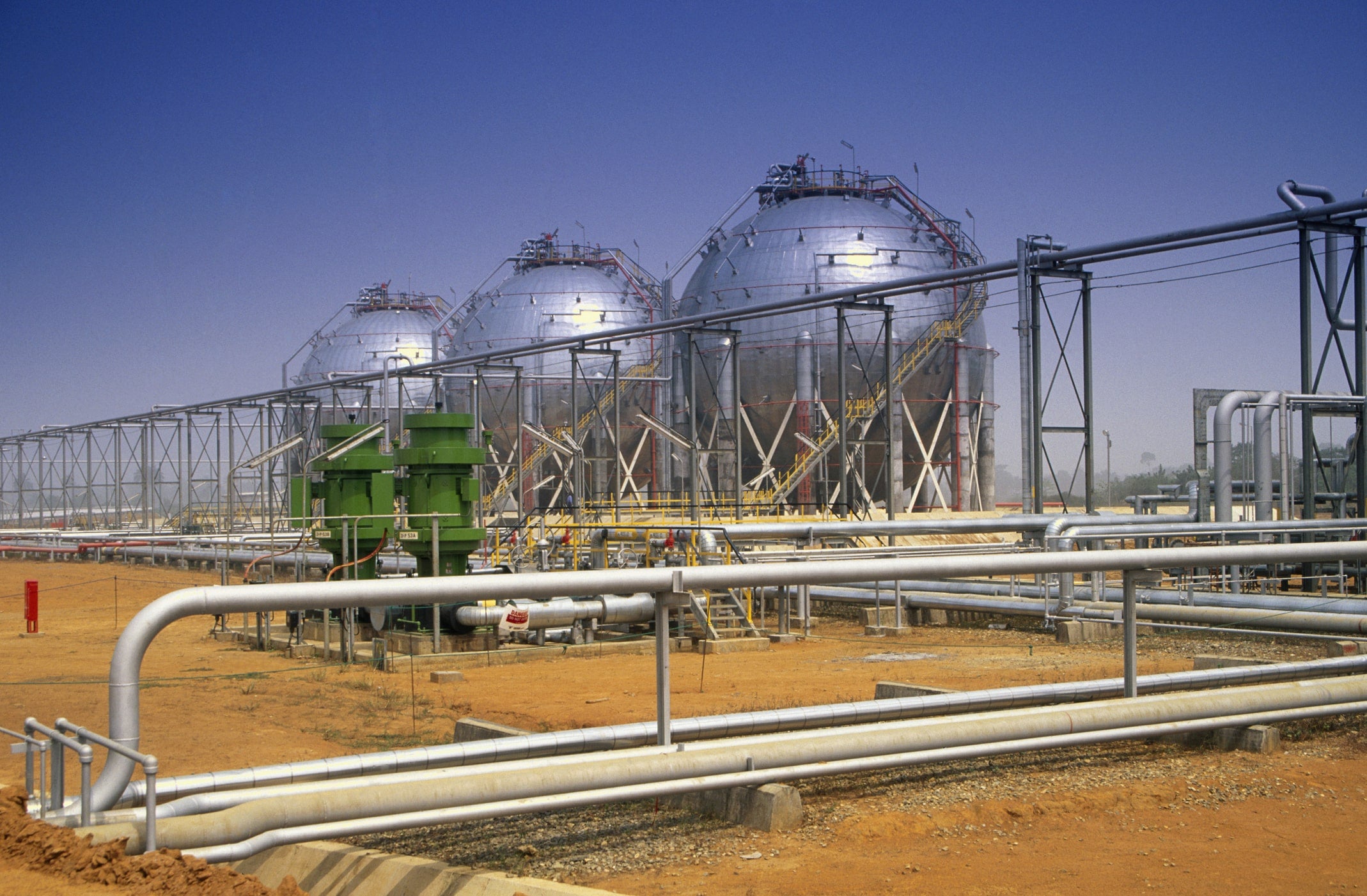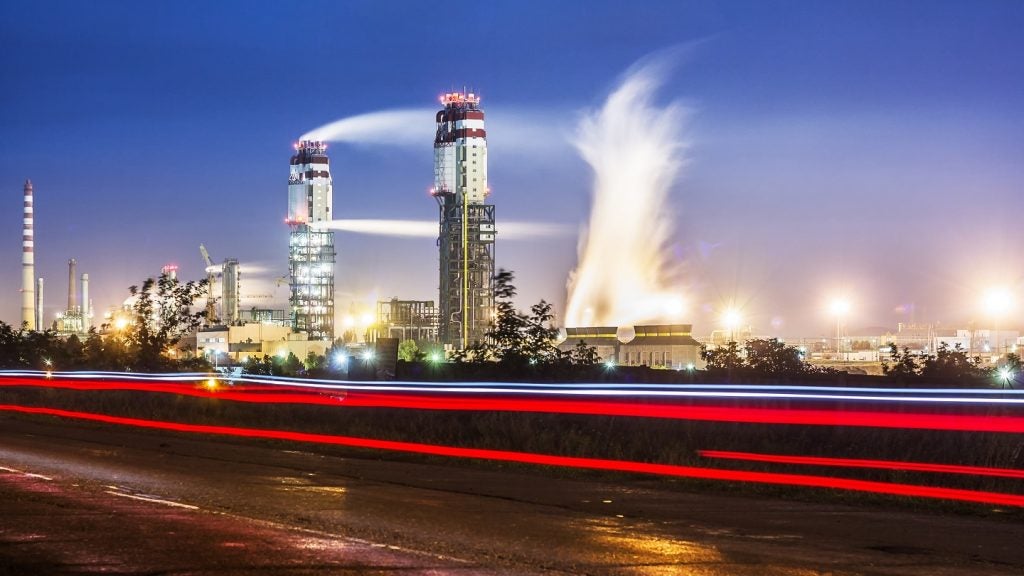
A Shell-owned oil pipeline through Emuoha in southern Nigeria exploded on Friday, killing at least 12.
The blaze occurred at Shell’s Rumuekpe-Nkpoku Trunk Line in Rivers State. The pipeline supplies the Bonny terminal, a key location for Nigeria’s export of crude oil.
The incident occurred at around 2am local time on Friday and was reported to police at around 4:30am. Community leader Ogbonna Francis told Reuters at the scene: “many people got burnt inside the fire, males and females”.
Shell’s Nigerian subsidiary has launched an investigation into the cause of the fire alongside government agencies. In a statement released on Sunday, Shell spokesperson Michael Adande concluded that the blast was caused by the activities of oil thieves. He stated “this is indeed a deeply regrettable incident and we commiserate with the families that have been impacted”.
The Rivers State Police allege that sparks from a bus loaded with stolen crude oil were the cause of the fire.
A similar incident occurred in April last year, killing 100 people. High rates of unemployment in the area have made illegal oil refining an attractive alternative. The oil is refined in makeshift tanks and sold either domestically or on the international market.
Following last year’s fire, the Nigerian government estimated that Nigeria loses an average of 200,000 barrels of oil per day due to illegal tapping or vandalising of pipelines. This represents around 10% of national oil production.
This practice can not only lead to fatalities but also environmental degradation. Nigerian President-Elect Bola Tinubu said during a December town hall meeting with organised labour in Abuja that he will deploy technology to curtail oil theft in the country.
Numerous vehicles and the palm forest surrounding the Rumuekpe-Nkpoku Trunk Line has also been damaged by the fire. Oil theft and pipeline sabotage is common in this area. The methods used to steal oil can often result in fire.







